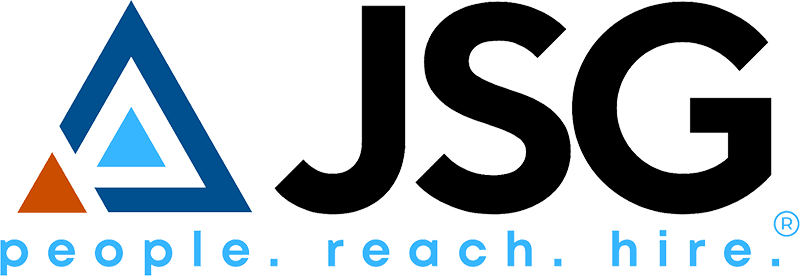
Should You Include Hobbies On Your Resume?
Career Coach Sonal Bahl recently shared a controversial opinion: that you should absolutely include hobbies on your resume! While she was undoubtedly met with the expected backlash, such as
August 25, 2020

Is Now The Time To Pivot Your Career?
You have probably heard the word “pivot” a lot lately (and no, not just because you’re binge-watching Friends again). Between furloughs, layoffs, and general economic uncertainty,
August 14, 2020

How To Improve Your Soft Skills During Quarantine
If you are like so many other professionals throughout North America, you probably have found yourself with some extra time on your hands lately. As
May 13, 2020

How To Improve Your Soft Skills During Quarantine
If you are like so many other professionals throughout North America, you probably have found yourself with some extra time on your hands lately. As
May 13, 2020



